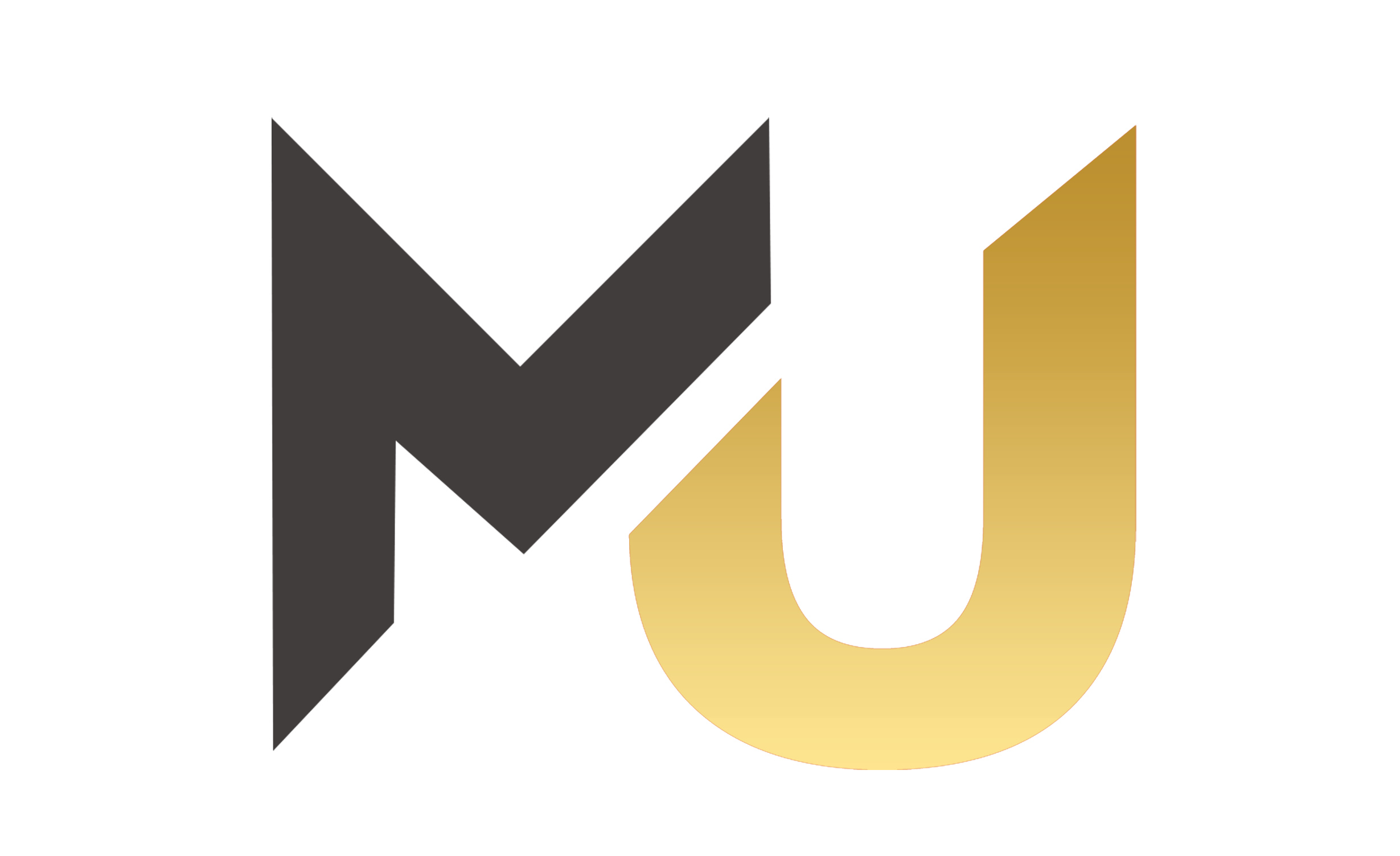Warm up winter with plant-based dishes that delight the taste buds
Vegetables with meaty texture recipes perfect for chilly days

South Africa currently has four artificial intelligence-focused data centres, more than Taiwan and the Netherlands combined, placing it in the top 13 countries globally by AI compute regions.
This is according to a recent study by researchers at the University of Oxford, titled AI Compute Sovereignty: Infrastructure Control Across Territories, Cloud Providers, and Accelerators.
In the paper, the researchers, Zoey Hawkins, Vili Lehdonvirta, and Boxi Wu, also highlight that South Africa is the only country on the continent with these types of data centres.
The study divides AI compute data centres, which house the necessary computational resources to run and train AI models, into two categories.
The first is training-relevant regions. These are data centres with graphics processing units (GPUs) capable of training AI models like the Nvidia H100 or Google Trillium.
The other category is inference-relevant data centres, which house GPUs used to run AI models, such as the Nvidia V100.
The primary difference between the two types of GPUs is that training accelerators require more computational power, making them more expensive.
In early 2024, it was reported that Meta Platforms planned to acquire 350,000 Nvidia H100 at roughly $30,000 (R533,433) each.
On the other hand, the GPUs used to run AI models are often far more memory-intensive, as this type of computing demands more memory bandwidth.
According to Hawkins et al., South Africa has two data centres capable of training AI and two inference-relevant facilities.
Looking at the global stage, South Africa lags the US and China, which have 26 and 22 AI computing facilities, respectively.
However, so is the rest of the world, with Germany and Singapore coming in third and fourth place with seven and six facilities, respectively.
India, the UK, and France have five AI data centres, while South Africa is tied with countries like South Korea, Japan, Italy, and Australia, which all have four.
This is more than the Netherlands (2) and Taiwan (1), both manufacturing powerhouses in the GPU supply chain through ASML and TSMC.
Hawkins et al. point out that while South Africa might be on par with major global players, the rest of Africa is not.
A similar trend is taking place in South America, with Brazil and Chile being the only countries with AI compute facilities, a combined three between them.
The Outlier highlighted a comment made by Vukosi Marivate, the University of Pretoria’s ABSA Chair of Data Science, who said that “this divide isn’t just about technology.”
“It means limited innovation, lost competitiveness, brain drain, lack of data sovereignty, and the economic benefits of AI flowing elsewhere.”
To add to Marivate’s point, the study notes that all of the AI data centres in South Africa belong to foreign service providers, with three being from the US and one from China.
However, this is true for most countries worldwide, with US companies owning the most, followed by China.
Several international tech companies have recently announced artificial intelligence infrastructure investments in South Africa, totalling billions of rands.
These companies include Microsoft and Google, which have promised that these investments could create hundreds of thousands of jobs in the coming years.
Microsoft president Brad Smith explained at a March press briefing in Sandton that AI has three primary layers — the infrastructure, the model, and the application layers.
“You build the infrastructure so that people will build AI models, you use the models to build applications, and when you use the applications, then you can expand further,” Smith said.
Smith announced that the tech giant would invest R5.4 billion in expanding its data centre footprint in South Africa, building on its existing R20.4 billion infrastructure investment.
Microsoft said part of the R5.4 billion would also be allocated to paying for 50,000 people to gain access to AI courses and earn Microsoft certification in various fields.
This training will include three types of skills: AI fluency, AI engineering, and AI systems design. In addition to these AI skills, the initiative includes cloud architecture and cybersecurity skills.
A few weeks later, Google officially launched its Johannesburg cloud region, the search giant’s first in Africa. It should be noted that the infrastructure came online roughly a year before the announcement.
While Google did not disclose the value of its investment, data management company Tregter said it was worth R2.5 billion.
Cassava Technologies, owner of Africa Data Centres, also recently announced that it would be invetsing into AI infrastructure in South Africa.
In late March, the London-based company announced plans to build Africa’s first AI factory by upgrading its data centres with Nvidia AI computing technology.
Cassava said the Nvidia-powered computing and AI software will be deployed at Africa Data Centre facilities in South Africa, followed by data centres in Egypt, Kenya, Morocco, and Nigeria.
Issued on Mybroadband by Daniel Puchert | https://mybroadband.co.za/news/ai/600769-south-africa-an-ai-power-player.html
Vegetables with meaty texture recipes perfect for chilly days
SABC Sport has established that Orlando Pirates are in advanced discussions to loan out winger Monnapule Saleng to their Betway Premiership rivals.
According to PwC, 73% of consumers say customer experience (CX) is a deciding factor when making a purchase. In other words, it’s not just what you sell that wins you customers, but also how you make people feel.


